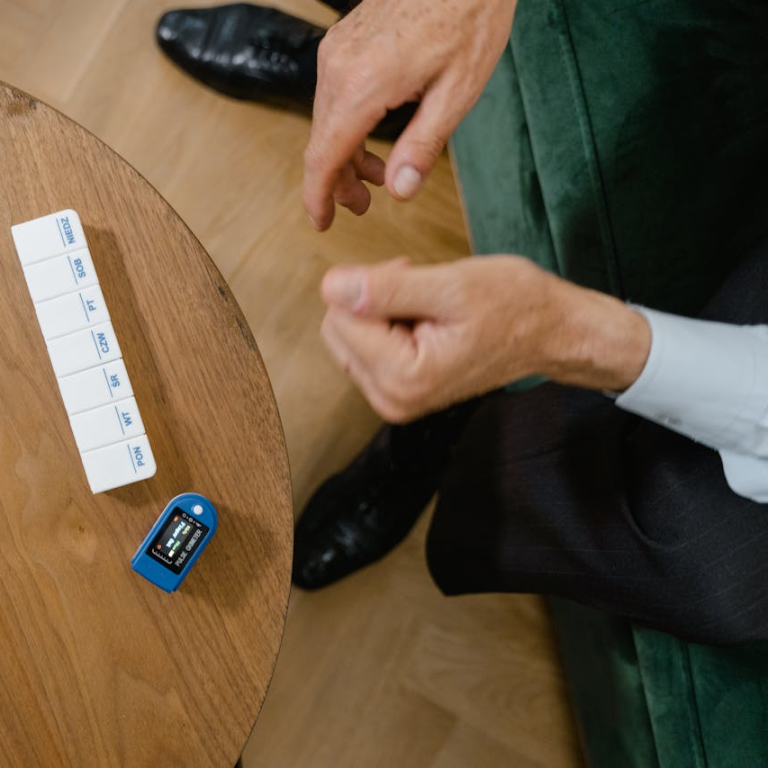Key Takeaways
-
Medicare covers inpatient psychiatric hospital care, but there’s a 190-day lifetime limit for care provided in psychiatric hospitals that are not part of a general hospital.
-
This lifetime limit does not reset each year, and once it’s reached, you must explore other options for continued mental health treatment.
What Medicare Covers for Inpatient Psychiatric Care
Medicare Part A provides coverage for inpatient psychiatric care if you are admitted to a hospital for mental health treatment. This includes care in a general hospital as well as a specialized psychiatric hospital. However, the type of facility matters significantly when it comes to how long you can stay.
Medicare covers:
-
Semi-private room and meals
-
Nursing care
-
Medications needed during the hospital stay
-
Therapy and other treatment for your condition
-
Laboratory tests and other services ordered by your provider
But there’s a catch. If your care is in a psychiatric hospital (not a general hospital), you are subject to a lifetime limit of 190 days of coverage.
The 190-Day Lifetime Limit: What It Is and Why It Matters
The 190-day limit applies only to inpatient psychiatric care in a freestanding psychiatric hospital. It does not include psychiatric care received in the psychiatric unit of a general hospital. This distinction is crucial because once you use up the 190 covered days, you can no longer receive Medicare coverage for inpatient care in a psychiatric hospital, even if you’re hospitalized again years later.
This limit is lifetime-based, not annual. That means it doesn’t reset every year like many other Medicare benefits.
How the Limit Accumulates
Each day you spend in a freestanding psychiatric hospital under Medicare Part A counts toward your 190-day limit. You can use these days all at once or over several admissions. Once the total reaches 190, Medicare coverage for this specific setting ends permanently.
Example of how the limit accumulates:
-
First admission: 90 days
-
Second admission (2 years later): 50 days
-
Third admission: 50 days
At that point, you will have used the full 190 days. If you’re admitted again to a psychiatric hospital, Medicare will not cover the cost.
What Happens After You Reach the Limit
If you exhaust your 190-day limit, Medicare will still cover inpatient psychiatric care in the psychiatric unit of a general hospital. There’s no similar lifetime cap for mental health services in general hospitals. This is often the next-best option if you require further inpatient treatment.
Beyond that, you may also explore outpatient services under Medicare Part B, which includes:
-
Individual and group therapy
-
Psychiatric evaluations
-
Medication management
-
Partial hospitalization programs (PHP)
These services don’t count against your inpatient psychiatric limit and may be enough for many people who no longer require 24/7 hospitalization.
Eligibility and Admission Requirements
To qualify for Medicare-covered inpatient psychiatric care, the following criteria must be met:
-
A doctor must certify that you need inpatient hospital treatment for your mental health condition.
-
The hospital must accept Medicare.
-
The services must be deemed medically necessary.
If you’re admitted to a psychiatric hospital, make sure it participates in Medicare. If not, Medicare will not pay for your care, even if you haven’t reached the 190-day limit.
Coverage Costs for Inpatient Psychiatric Care
Your costs for inpatient psychiatric hospital stays under Medicare Part A in 2025 are the same as for other inpatient hospital services:
-
Deductible: $1,676 per benefit period
-
Days 1–60: $0 coinsurance (after the deductible)
-
Days 61–90: $419 per day
-
Days 91–150: $838 per day (lifetime reserve days)
-
Beyond 150 days: You pay all costs
Again, these apply per benefit period, not per calendar year. A benefit period begins the day you’re admitted and ends after 60 days in a row without inpatient care.
Importantly, the 190-day psychiatric limit runs concurrently but is separate from the 150-day general inpatient hospital benefit limit.
How to Track Your Used Days
Keeping track of your used psychiatric hospital days is crucial. Medicare does not automatically notify you when you’re approaching your 190-day cap. You can track your usage by:
-
Checking your quarterly Medicare Summary Notice (MSN)
-
Calling 1-800-MEDICARE for a claims history
-
Asking the hospital billing department
Awareness is key. Once you approach the limit, you’ll need to plan for transition options.
Differences Between Psychiatric and General Hospitals
It’s easy to confuse a psychiatric unit within a general hospital and a freestanding psychiatric facility. Here’s how they differ under Medicare:
-
Freestanding Psychiatric Hospital: Only mental health services provided; subject to 190-day lifetime limit.
-
Psychiatric Unit in General Hospital: Part of a larger hospital; not subject to the 190-day limit.
Knowing the classification of the hospital where you’re admitted can significantly affect how your coverage works.
Other Mental Health Benefits Under Medicare
If inpatient care is no longer covered or necessary, you still have access to other mental health services:
Medicare Part B (Outpatient Services)
-
Therapy and counseling by psychiatrists, psychologists, and licensed clinical social workers
-
Diagnostic tests and psychiatric evaluations
-
Medication management
-
Partial Hospitalization Programs (PHP) that provide structured support without overnight stay
-
Intensive Outpatient Programs (IOP)
-
Telehealth services (with some restrictions)
You pay 20% of the Medicare-approved amount for most Part B mental health services after meeting the $257 deductible in 2025.
Medicare Part D (Prescription Drug Coverage)
Part D helps cover medications for mental health conditions. In 2025, there’s a $2,000 annual cap on out-of-pocket drug costs under Medicare Part D, which can ease financial strain for those needing long-term medications.
Are There Exceptions or Legislative Changes Coming?
The 190-day limit has existed since Medicare’s inception in 1965. While advocacy groups have pushed for its repeal, the cap is still in effect in 2025.
There are no current exceptions. Even if your mental illness is chronic and severe, Medicare will not pay for additional inpatient days in a psychiatric hospital once you’ve reached the limit.
However, you may:
-
Switch to a psychiatric unit in a general hospital
-
Transition to outpatient treatment
-
Seek care through Medicaid, if eligible
-
Use private insurance or pay out of pocket
Legislation could potentially remove this cap in the future, but until that happens, it’s important to plan accordingly.
Planning for Long-Term Mental Health Needs
If you or a loved one is managing a long-term mental health condition, understanding the limits of Medicare’s psychiatric care is vital for both care continuity and financial planning.
-
Review your mental health history: How many days have been used?
-
Understand your facility options: General hospitals offer more flexible inpatient coverage.
-
Prepare a care transition plan: As you near the limit, coordinate with your care team to move toward outpatient services or other support programs.
-
Explore additional coverage: Some employer retirement plans or Medicaid may offer extended mental health hospitalization coverage.
Making the Most of Your Medicare Mental Health Coverage
You have valuable mental health benefits under Medicare, but they come with strict boundaries—especially when it comes to inpatient psychiatric care. The 190-day lifetime cap can surprise you if you’re not aware of it in advance.
Make sure your providers participate in Medicare, understand which facilities trigger the lifetime limit, and track your usage closely. Planning early can give you more control and more options.
If you need help understanding how your current or future care fits into Medicare’s rules, speak to a licensed agent listed on this website. They can help you evaluate your options and plan ahead.











